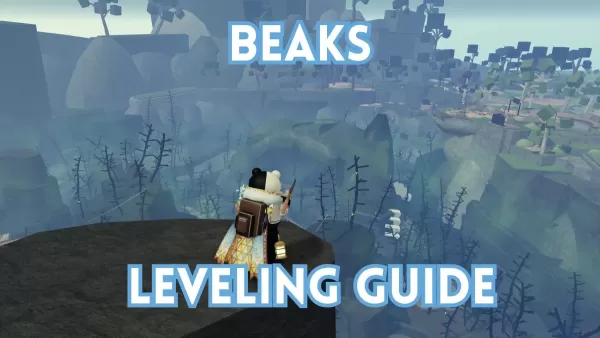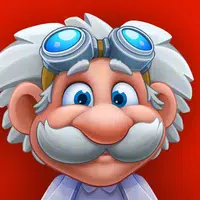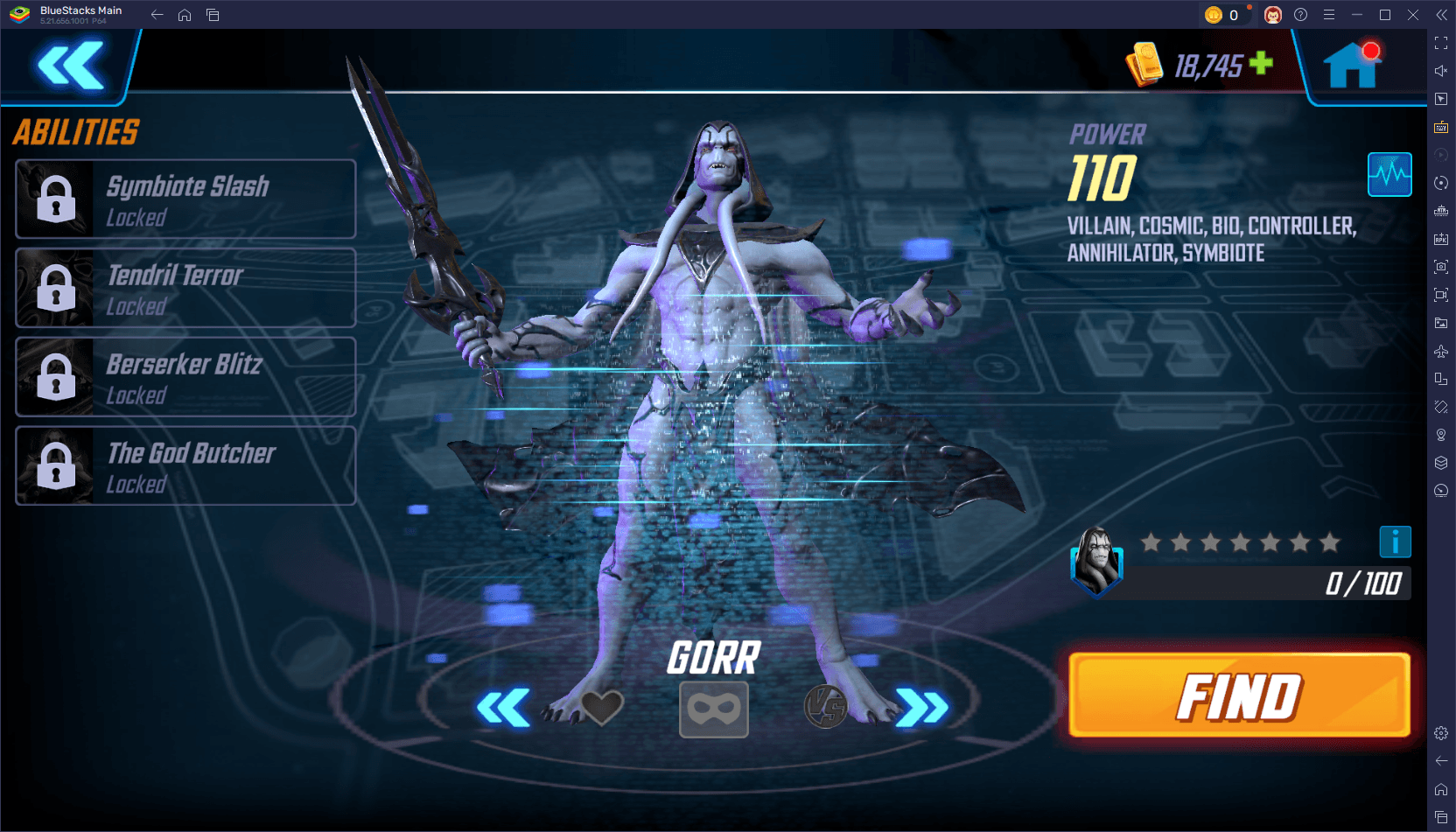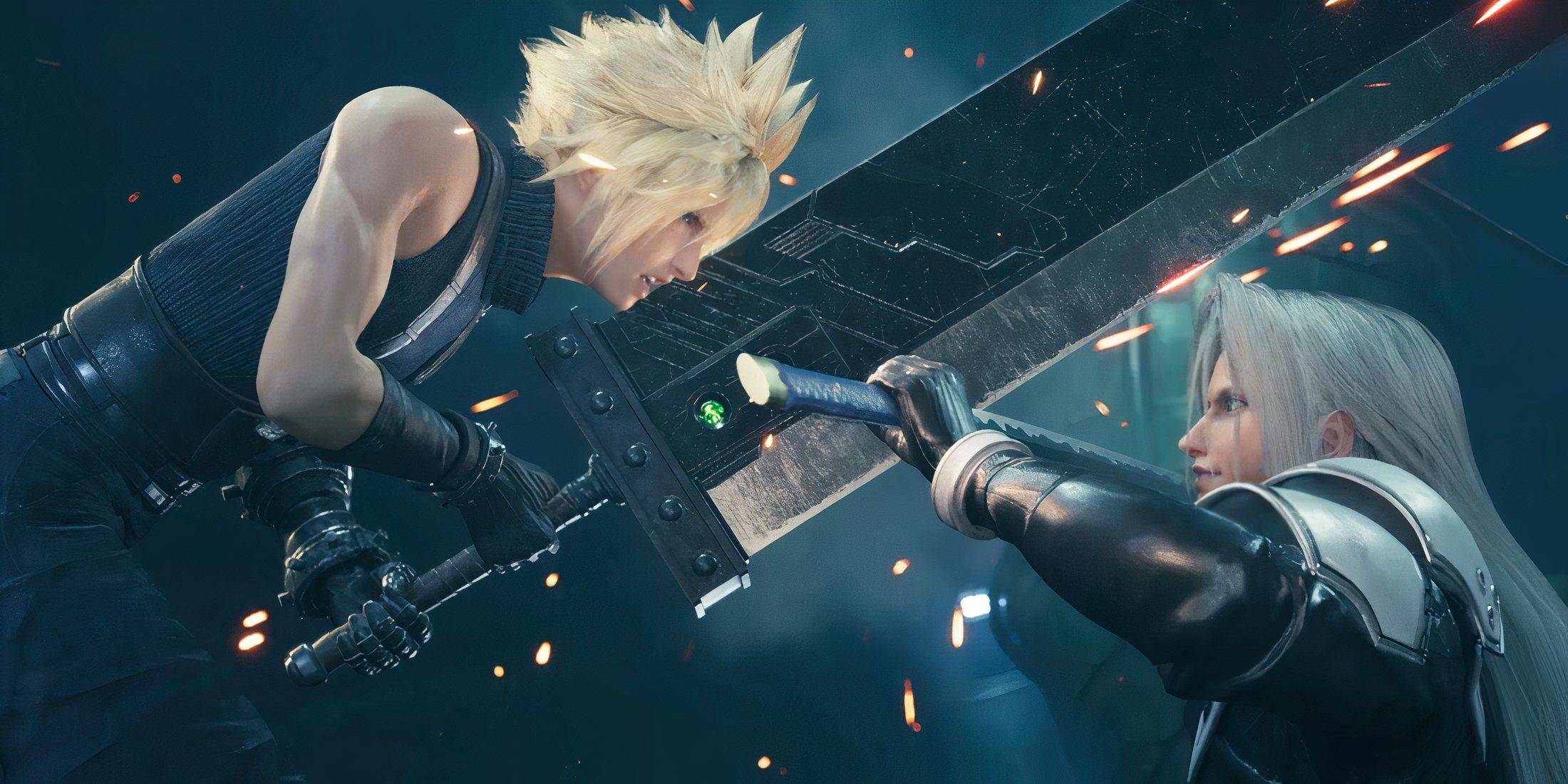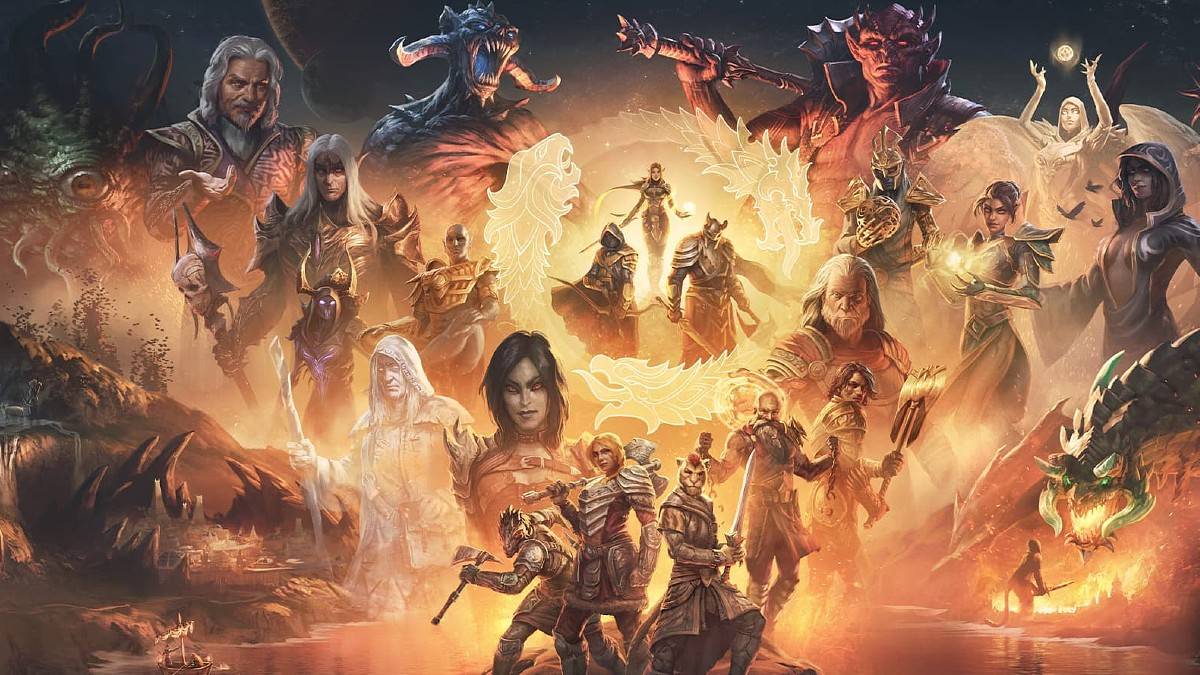Capcom is harnessing the power of generative AI to revolutionize the creation of in-game environments, tackling the challenge of generating "hundreds of thousands" of unique ideas. As the costs of video game development continue to soar, companies are turning to innovative AI solutions to streamline processes and reduce expenses. Notably, Call of Duty made headlines by selling an "AI-generated cosmetic" for Call of Duty: Modern Warfare 3 towards the end of 2023, and fans speculated that Activision might have used generative AI for a loading screen the previous year. Echoing this trend, EA announced in September that AI sits at "the very core" of its business operations.
In a recent interview with Google Cloud Japan, Kazuki Abe, a technical director at Capcom known for his work on blockbuster titles like Monster Hunter: World and Exoprimal, shed light on how the company is integrating AI into its game development workflow. Abe highlighted the daunting task of generating a vast number of unique ideas, explaining, (via Automaton), "One of the most time-consuming and labor-intensive parts of game development is coming up with hundreds of thousands of unique ideas." He pointed out that even simple objects like televisions require distinct designs, logos, and shapes. "Including unused ones, we ended up having to come up with hundreds of thousands of ideas," he added.
To manage the sheer volume of proposals needed for thousands to tens of thousands of these objects per game, Abe developed a system that leverages generative AI. This AI reads various game design documents and generates ideas, thereby accelerating development speed and efficiency. The system also provides self-feedback, which helps refine the AI's output over time.
Abe's prototype utilizes multiple AI models, including Google Gemini Pro, Gemini Flash, and Imagen, and has garnered positive feedback from Capcom's internal development teams. The implementation of this AI model is poised to "reduce costs significantly" while simultaneously enhancing the quality of the output.
Currently, Capcom's use of AI is confined to this specific system. Other critical aspects of game development, such as ideation, gameplay, programming, and character design, remain the domain of human creativity and expertise.




